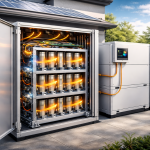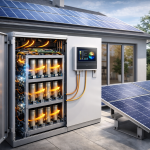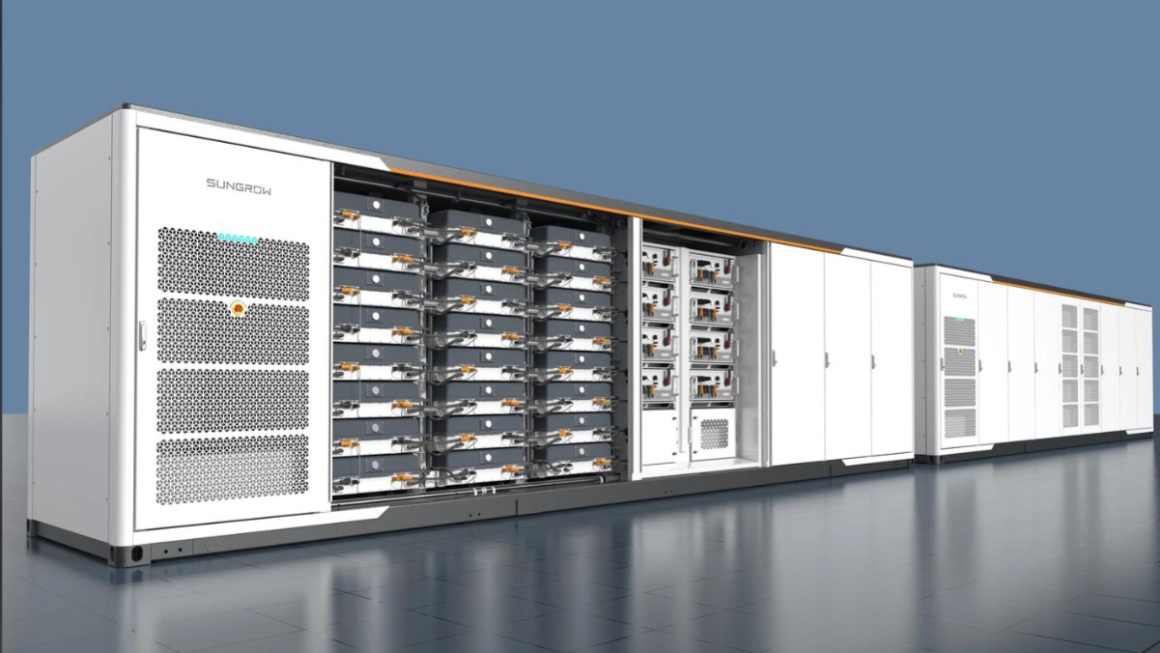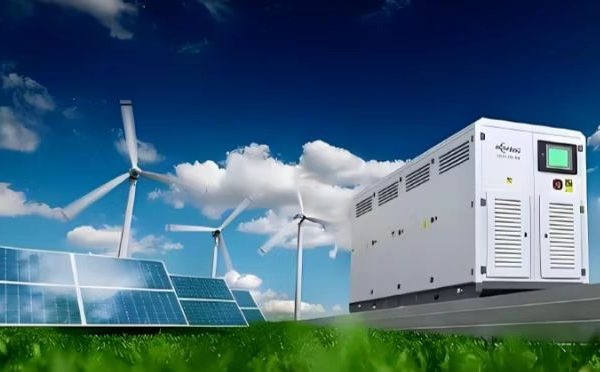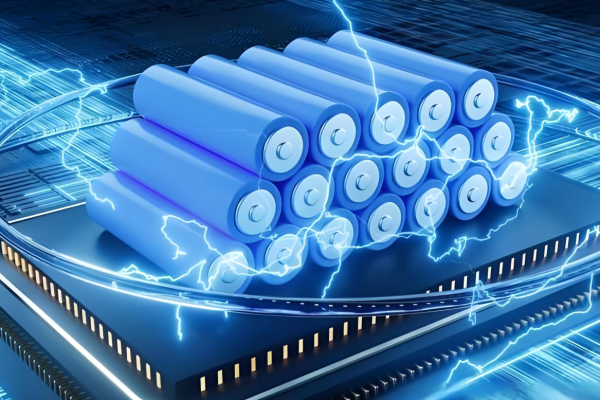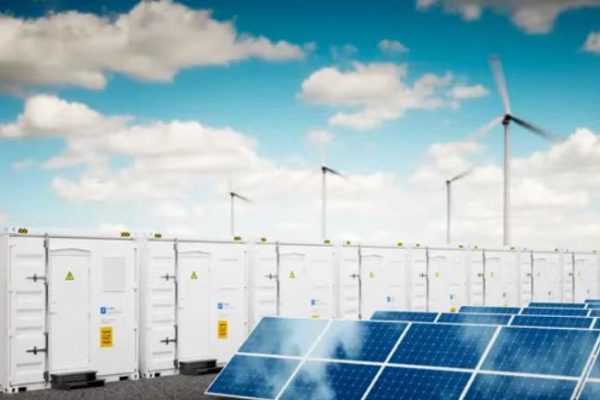A Guide for Technical Trading Teams in the Small-to-Mid Scale Energy Storage Market
Introduction
In today’s rapidly growing market for energy storage systems (ESS), especially in small-to-medium-scale applications like commercial rooftops or residential PV systems, it is tempting for customers to chase the lowest price. However, this price-driven mindset often leads to problems—misconfigurations, unstable performance, or hidden costs after installation. For suppliers and exporters working in ESS, success comes not from being the cheapest, but from delivering technical expertise, faster project understanding, and reliable recommendations.
This article explores why technical knowledge and solution competence win the trust of customers far more effectively than just quoting a low price.
1. ESS Is Not a Simple Product—It’s a System
Unlike solar panels or standard electrical parts, an energy storage system involves multiple components working together:
- Battery packs
- Inverters (often hybrid or bidirectional)
- BMS (Battery Management Systems)
- EMS (Energy Management Systems)
- Fire protection, cooling, wiring, and monitoring
Poor integration or mismatched components can lead to issues like:
- Overheating
- Capacity underperformance
- Shortened battery life
- Grid compliance failures
👉 Clients need technical guidance to ensure the system is suitable for their load, grid rules, and use case (daily cycling, backup, peak shaving, etc.).
2. What Technical Value Really Means in ESS Sales
Technical value doesn’t mean offering engineering services—it means you, as a supplier or trading partner, help the customer:
- Select the right battery chemistry (LFP vs NMC)
- Match battery voltage and capacity with inverter specs
- Plan for daily or backup cycling
- Understand charging/discharging logic under real-world use
- Align the system with local grid regulations
You don’t need to design from scratch—but you need to understand the logic behind the system design, and offer responsive, credible answers to basic questions.
📌 A customer who receives a fast, informed answer about battery sizing will likely trust you over someone who simply sends a quote and leaves technical questions unanswered.
3. Why Low Price Often Leads to High Risk
Many small projects suffer when decisions are made on price alone. Here are real-world risks when customers choose a cheaper but less-informed supplier:
| Risk | Explanation |
|---|---|
| 🔌 Mismatch between inverter & battery | Causes system errors or failure |
| 🔥 Poor fire safety or thermal management | Dangerous for indoor C&I applications |
| 🕒 Slow technical support | Delays installation and commissioning |
| ⚠️ Compliance issues | Can’t connect to local grid or receive subsidies |
| 🔋 Shorter battery cycle life | Higher replacement costs over time |
In contrast, a technically competent supplier can prevent these problems before they happen—saving time, money, and reputation for the client.
4. Why SMEs Prefer Partners, Not Just Suppliers
Small-to-mid-size EPCs, installers, and project owners often don’t have in-house design teams. They are looking for:
- Fast and accurate system suggestions
- Support for component matching
- Clear documentation and manuals
- Pre-tested combinations of inverter + battery
👉 If you present yourself as a solution-savvy partner, you’re offering them more than products—you’re helping them deliver projects with less risk.
And guess what? They are usually willing to pay a premium for this peace of mind.
5. How to Become a Technical-Oriented Supplier (Without R&D)
You don’t need your own factory or R&D lab. Here’s how trading companies and sourcing teams can build technical authority:
✅ Build a Knowledge Base
- Collect datasheets and manuals from your top suppliers
- Create internal guides: “How to match inverter and battery”, “What’s the difference between EMS and BMS”
- Summarize key compliance points by country (grid voltage, export limits, safety standards)
✅ Pre-match Products
- Offer proven combinations: 10kW hybrid inverter + 15kWh battery set
- Include pre-filled parameters: voltage range, charge/discharge rates
✅ Prepare Application Scenarios
- Use simple diagrams for peak shaving, solar self-use, backup systems
- Offer case references or simulation tools (even Excel-based)
✅ Speed = Trust
- Respond to inquiries within 24h with tailored suggestions
- Show that you understand the client’s pain points and project stage
6. Technical Confidence Builds Long-Term Loyalty
Price-based customers change suppliers frequently. But if you become the “go-to tech partner” for a client’s ESS business:
- They return to you when scaling projects
- They ask for your input before bidding new sites
- They send you leads from their installer network
This long-term relationship becomes your biggest asset, especially in emerging markets where ESS is still in early adoption stages.
💡 Being the first to guide a customer correctly builds loyalty that’s hard to replace—even by cheaper competition.
7. SEO Strategy: Attract the Right Customers
If you’re writing blogs or creating content to attract leads, your SEO strategy should reflect your technical edge. Some example keyword themes:
- “How to size a battery for hybrid inverter”
- “Best inverter for commercial energy storage”
- “Battery and inverter compatibility guide”
- “ESS system design for peak shaving”
- “LFP vs NMC battery for solar+storage”
These articles should include internal links to:
- Product pages (inverter, battery sets)
- Diagrams or design examples
- Contact pages or quotation forms
👉 Showcase your technical knowledge through content—this builds both SEO traffic and customer trust.
Conclusion: Competing on Value, Not Price
In the ESS market, especially for small and mid-sized projects, price alone is not the winning factor. Customers are not just buying batteries and inverters—they are buying system performance, support, and the confidence that what they install will actually work.
If you position your company as a fast, flexible, technically reliable trading partner, you can win deals even when you are not the cheapest. The more complex the market becomes, the more valuable your expertise will be.

